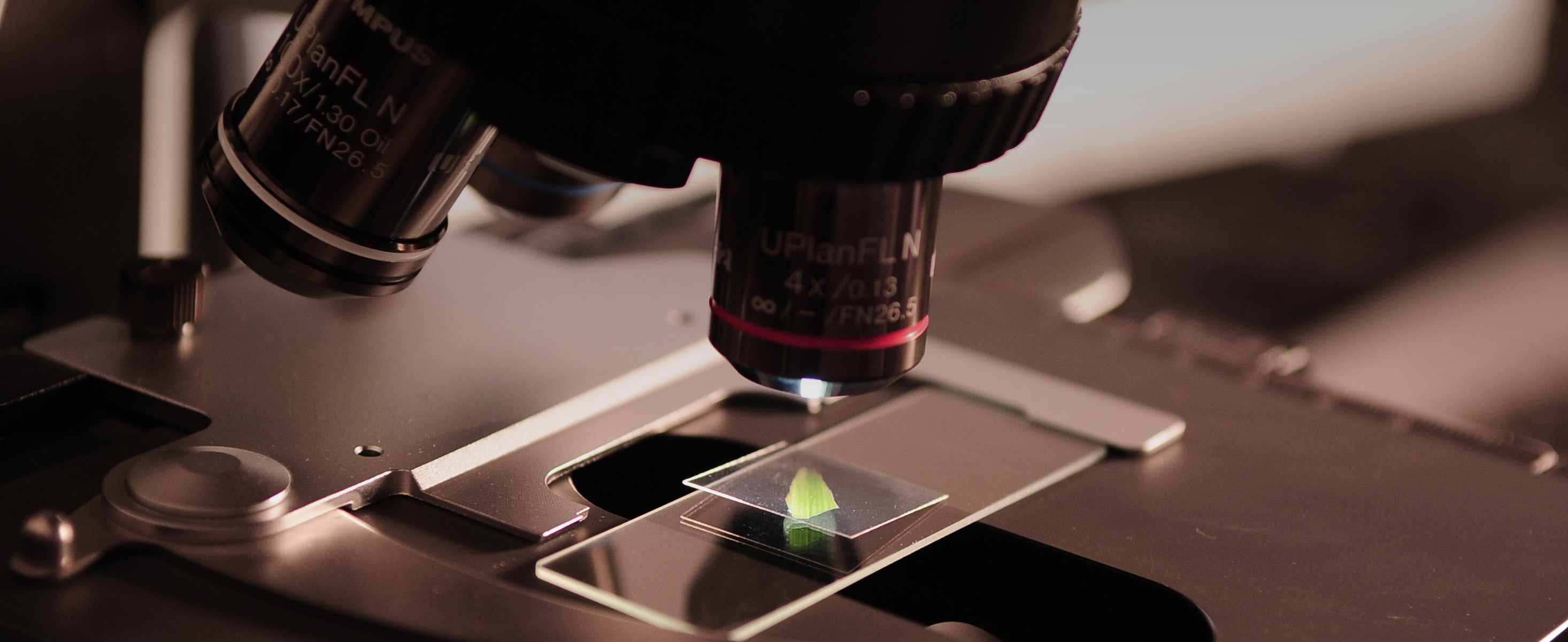
2 minute read
A Dose of Realism
from Aston in Touch 2016
by Aston Alumni
Dictionary.com defines a placebo as “a substance having no pharmacological effect but given merely to satisfy a patient who supposes it to be a medicine”. The placebo is somewhat fixed in the public consciousness as the dummy ‘sugar pills’ which are used in clinical trials to assess the effectiveness of ‘active’ medicines. But the placebo effect - that is the therapeutically beneficial response generated from a pharmacologically inert dosage form - is much more interesting and prevalent than people commonly believe.
To address one popular misconception, people sometimes assume that the placebo effect is tantamount to zero effect but this is not the case. All medicines (and even nonmedicines; more of which later) produce a placebo response. This is why new treatments are commonly tested against placebos - to provide an assessment of the response to the new treatment in excess of the placebo effect (for what it’s worth, many more new medicines should be tested against the ‘current best’ medicine rather than placebo but that’s a discussion for another day).
Advertisement
Placebo has cultural meaning too. For example, two placebo sugar pills are more effective than one placebo sugar pill, red sugar pills are more effective than blue sugar pills, and fancy-looking branded tablets are more effective than identical unbranded tablets. This may go some way to explaining the enduring popularity of Nurofen (£2.49 for a pack of 16 tablets each containing 200 mg of ibuprofen) in the face of competition from much cheaper generic rivals (35p for a pack of 16 tablets each containing 200 mg of ibuprofen). Despite the inner rage felt by all pharmacists when we are unable to persuade a client to purchase the cheaper generic alternative, it is not entirely irrational to believe that the branded product is more effective than the unbranded equivalent.
A large number of well-controlled clinical trials have established that homeopathy performs no better than placebo. Homeopathic pills are simply sugar pills which are devoid of any active pharmacological ingredient so this is unsurprising. Some people who take homeopathy report that it makes them ‘feel better’ - this is the placebo effect in action and this placebo response is maximised by the amount of time that homeopaths make themselves available for (typical homeopathic consultations can last up to an hour, and cost lots of money, whereas most GP appointments are about ten minutes in duration and are free to NHS patients). Building a rapport allied to in-depth discussion of all the factors that might be impacting on an individual’s health status leads to the development of trust between prescriber and patient which encourages a patient to believe in the efficacy of the product prescribed.
GPs too could maximise the placebo response to the medicines that they prescribe. All they would need to do was offer one hour appointments. I’m not a GP but I can see no plausible reasons why this isn’t possible (aside from the chronic lack of funding, the sheer volume of patients they need to see on a daily basis, the increasing levels of burnout within the profession etc. etc.). Should GPs prescribe placebo pills to the worried well in self-limiting conditions? While this would no doubt improve their ‘Friends and Family’ score, this proposal has two major flaws - ‘self-limiting conditions’, by definition, will disappear of their own accord so no treatment (aside from, perhaps, some symptomatic relief) is necessary and, more troublingly, it would necessitate GPs lying to their patients about the effectiveness of the placebo pill they prescribed.
The crux of the placebo effect lies in the bit of the definition which says “who supposes it to be a medicine”. If you were honest with the patient and told them that you were giving them an ineffective sugar pill then there would be no placebo response. In the age of shared decision-making and informed consent, that cannot be an acceptable approach.
Dr Joseph Bush is a Senior Lecturer in Pharmacy Practice and Director of the MPharm Programme at Aston. The views and opinions expressed in this article are those of the author and do not necessarily reflect the official views of Aston University or its School of Pharmacy.
For more comment follow @josephbush on Twitter

